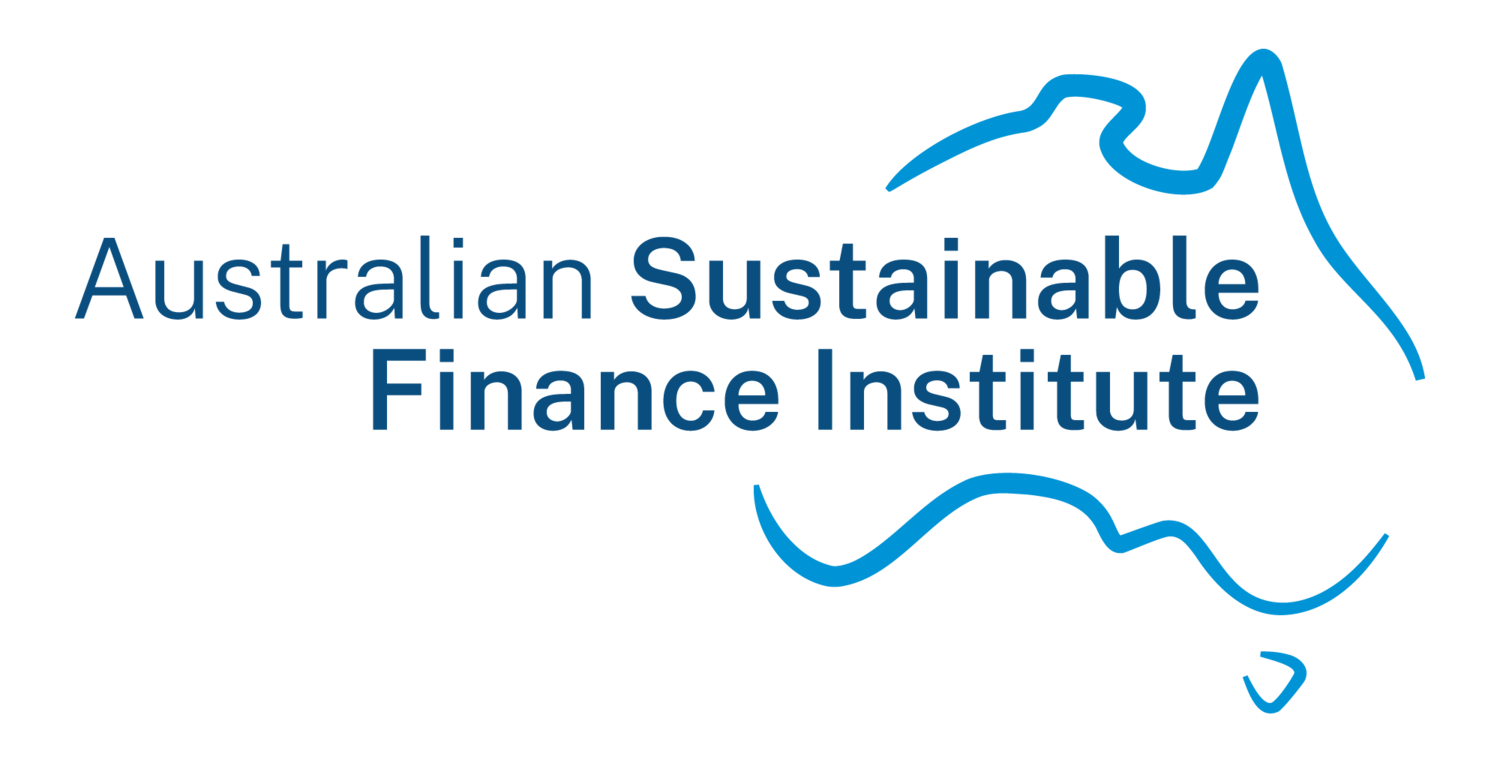Transforming sustainable finance leadership: Key insights from ASFI’s Leadership Working Group
ASFI's Leadership Working Group has returned for 2024, bringing finance leaders together to exchange and develop strategies for transforming financial institutions so they can effectively deliver on their sustainability commitments.
In May, the Group held its first meeting of the year, where they worked through challenges and solutions to increasing sustainability adoption within their organisations, and ultimately enabling the flow of capital to support greater social, environmental and economic outcomes. Here are some of their insights:
Challenges
1. ‘High bar’ for sustainable finance
Participants highlighted the high level of scrutiny sustainable finance faces. This occurs internally, including through sign off processes, and externally, from regulators. This is in part because sustainable finance is relatively new, meaning decision makers often don’t have significant experience to help guide sustainability-related decisions. As a result, demand for evidence is typically higher than for other decisions. This high bar can have a chilling effect on activity, which must be overcome in order to accelerate the achievement of sustainability commitments.
What can regulators do to give companies and financial institutions the confidence to be innovative, and to communicate their sustainable finance activities? What needs to happen within organisations to increase familiarity and equalise scrutiny on sustainable finance?
2. Lack of evidence
This ‘high bar’ can be difficult to overcome due to limited evidence of the long-term financial outcomes from sustainable finance and investments. This is again largely driven by the recency of sustainable finance, as there has been limited time to evidence these long-term financial outcomes. However, if financial institutions wait to allocate capital toward sustainable activities until there is sufficient evidence of long-term financial outcomes, there is risk of significant economic instability caused by a worsening climate, alongside other environmental and social risks.
How can the finance sector balance the justified need for evidence with the urgency to act quickly? What other forms of evidence or experience can be relied on to enable decisions?
3. Resources and capability
Limited resources and sustainable finance capabilities within teams have restricted the ability to scale sustainable finance. While sustainable finance capability-building bodies and initiatives do exist, the pace of change has meant supply of learning has not kept up with demand. This has caused capability gaps to appear across the market. Organisations need to rapidly upskill and identify collaborative ways of working to share these capabilities across – often siloed – organisations.
What can organisations and industry bodies do to rapidly enable sustainable finance capability uplift? How can organisations better enable sustainable finance capability through their structures and ways of working?
4. Pace of change
The rapid evolution of sustainable finance, and the frameworks which support its implementation, complicate efforts to scale sustainable finance. This has exacerbated the above challenges. Updating internal policies and practices takes time and resources, while the pace of change makes it difficult to identify when and which frameworks are worth investing time and resources into adopting.
How can we build adaptive learning practices into sustainable finance frameworks and their implementation to support the sector and its stakeholders to manage the fast pace of change?
Potential solutions
The group discussed several possible solutions to address these challenges. The top five were:
Building internal sustainable finance capability across organisations.
Developing case studies to demonstrate value creation from sustainability.
Rethinking organisational structures and ways of working to accelerate sustainable finance.
Building capability amongst investees and clients to strengthen demand for sustainable finance.
Establishing the right KPIs to integrate sustainability into organisational goals.
Over the next 12 months, we aim to expand on these preliminary insights and work together to develop solutions to help overcome these challenges and accelerate the flow of capital towards activities that will create a sustainable, resilient and inclusive Australia..
You can learn more about the group here: https://www.asfi.org.au/asfi-leadership-working-group
